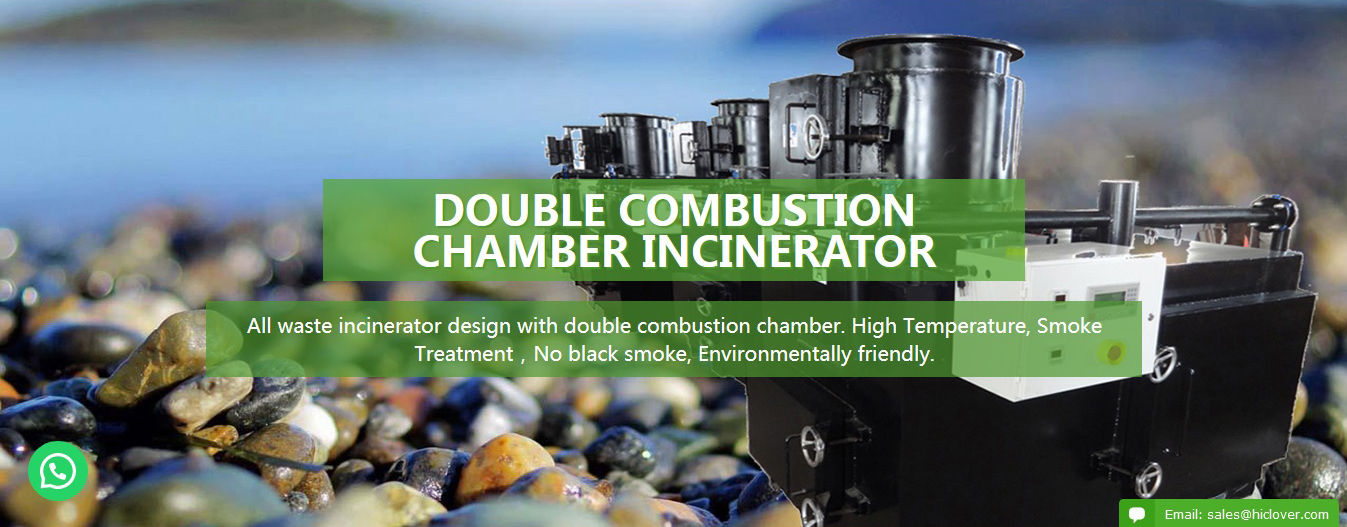The Scottish government is facing a major backlash over its plans to build a clinical waste incinerator in the rural village of Bonnybridge. The proposed facility has sparked outrage among local residents, environmentalists, and health experts who are concerned about the potential impact on public health and the environment.
The incinerator, which is being developed by a private company and backed by the government, is intended to handle clinical waste from hospitals, healthcare facilities, and labs. However, many are questioning the wisdom of locating such a facility in a residential area, citing the potential risks associated with emissions from the incinerator, including air pollution and toxic chemicals.
Residents of Bonnybridge and the surrounding areas are particularly concerned about the impact of the incinerator on their health and well-being. Many fear that the facility will release harmful pollutants into the air, posing a risk to vulnerable populations such as children, the elderly, and people with underlying health conditions. There are also concerns about the potential long-term effects of exposure to these pollutants, including respiratory problems and an increased risk of cancer.
Environmentalists are also raising alarm bells about the proposed incinerator, highlighting the potential impact on local ecosystems and wildlife. They argue that the emissions from the facility could have far-reaching consequences for the environment, including soil and water contamination, as well as harm to biodiversity.
In addition to the health and environmental concerns, there are also broader questions about the government’s commitment to sustainability and renewable energy. Critics argue that investing in a clinical waste incinerator is a step in the wrong direction, particularly at a time when the world is grappling with the urgent need to reduce carbon emissions and transition to cleaner, more sustainable forms of energy generation.
The backlash against the proposed incinerator has prompted calls for the Scottish government to reconsider its support for the project. A petition has been launched, urging officials to halt the development of the incinerator and explore alternative solutions for managing clinical waste. Campaigners are calling for greater transparency and public consultation on the issue, as well as a thorough assessment of the potential health and environmental impacts of the facility.
At the heart of the controversy is the need to strike a balance between the management of clinical waste and the protection of public health and the environment. While it is important to ensure that medical waste is handled safely and efficiently, it is equally crucial to consider the potential risks and consequences of incineration, particularly in residential areas.
As the debate around the proposed incinerator in Bonnybridge continues to intensify, it is clear that the Scottish government is facing a significant test of its commitment to environmental and public health protection. The outcome of this controversy will not only shape the future of waste management in Scotland but also send a powerful message about the government’s priorities and values. It is essential that the concerns of local residents and environmentalists are heard and taken into account, and that a decision is made that reflects a responsible, sustainable approach to waste management.



